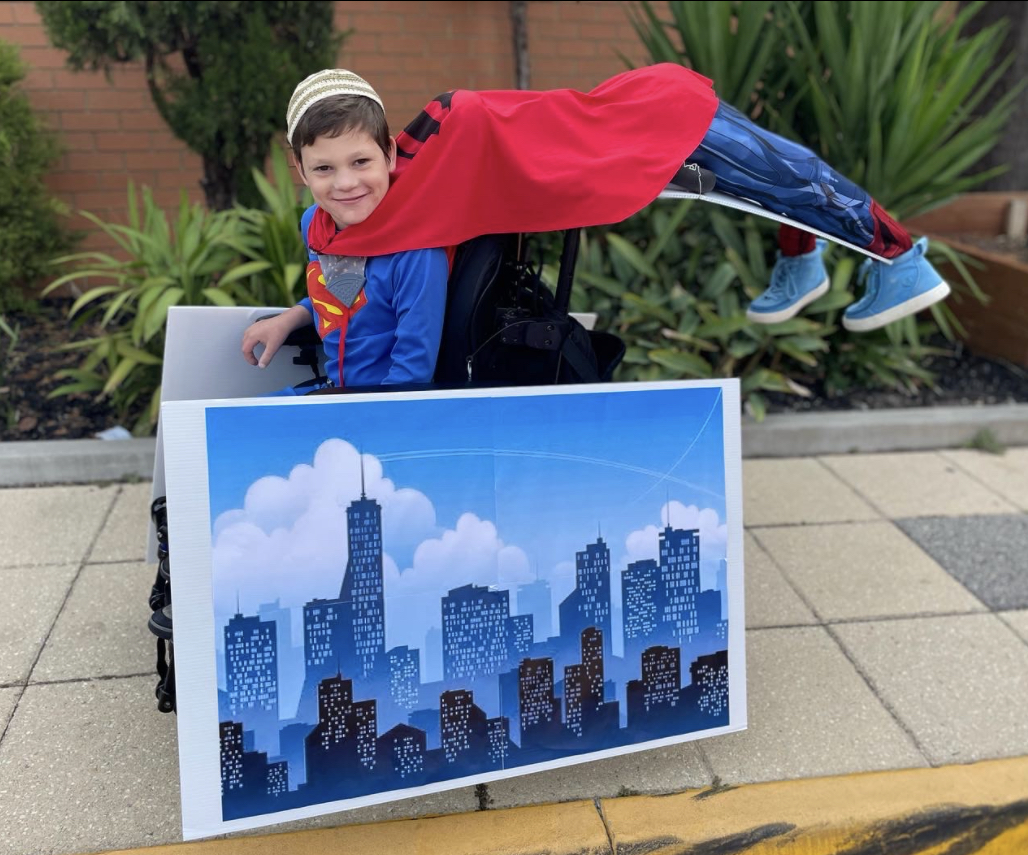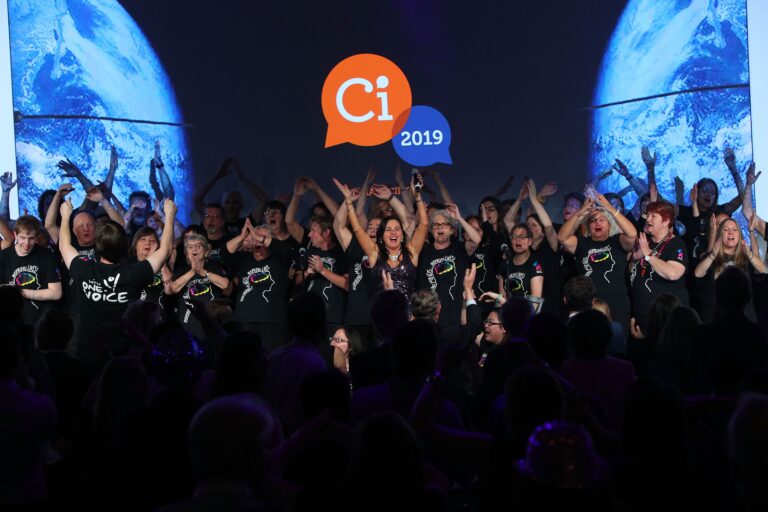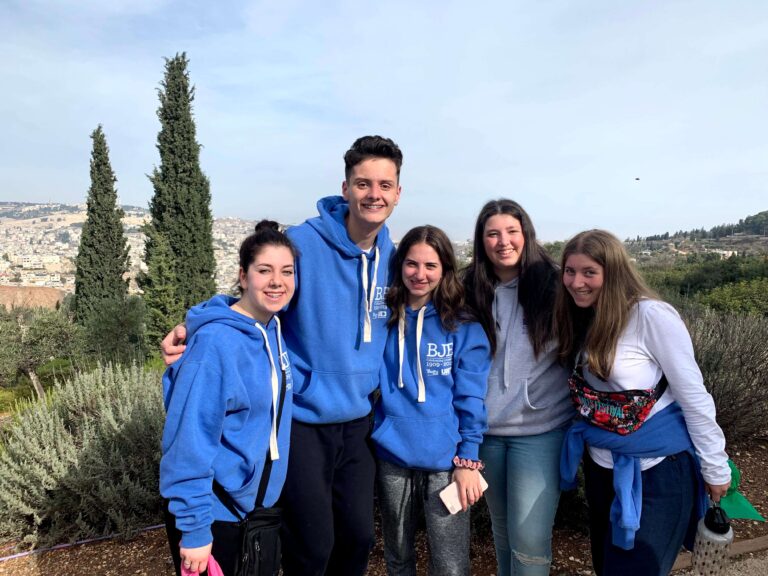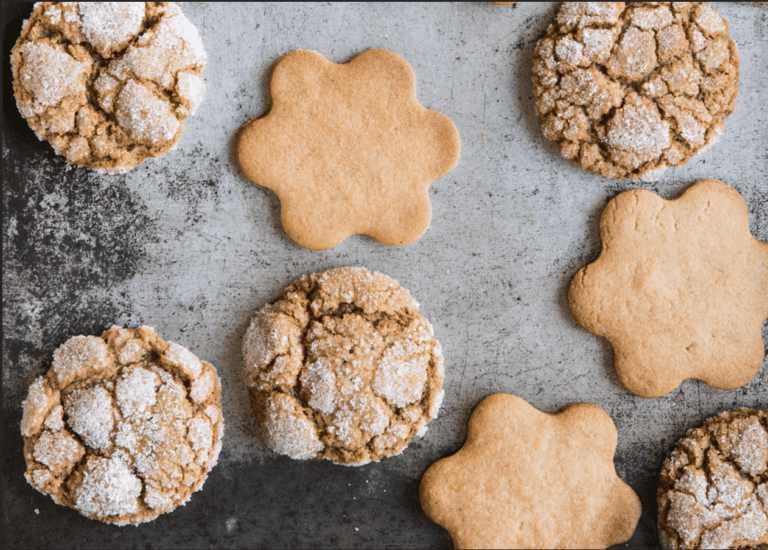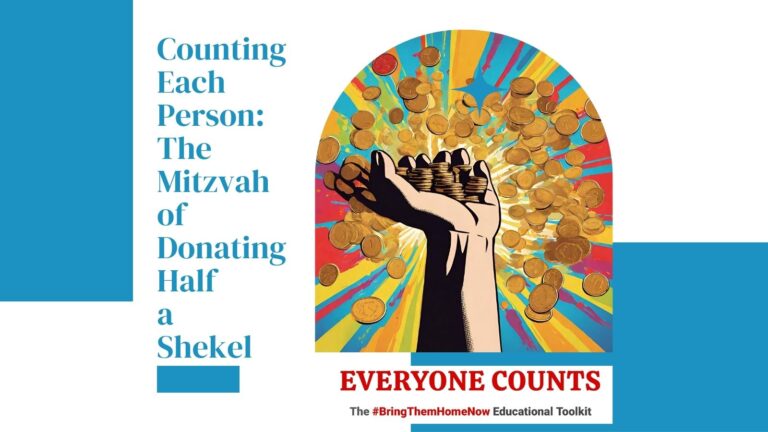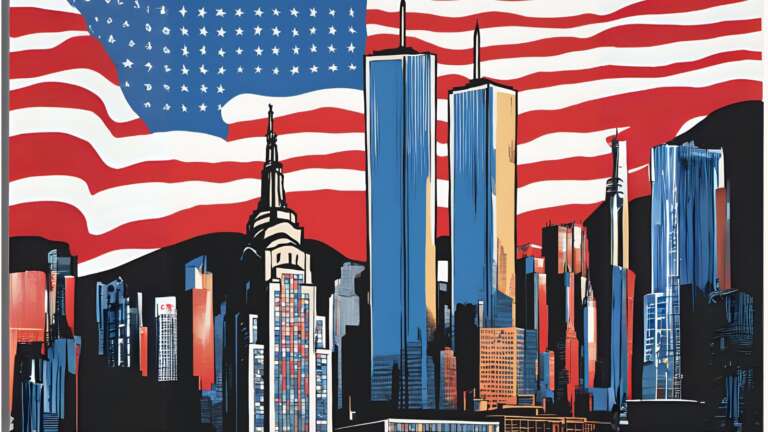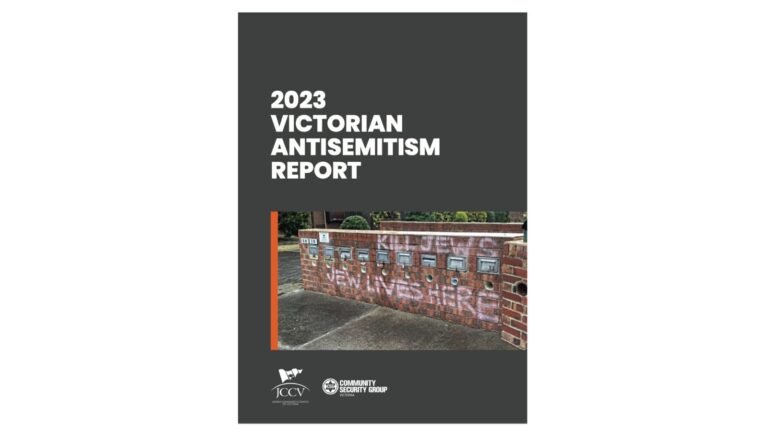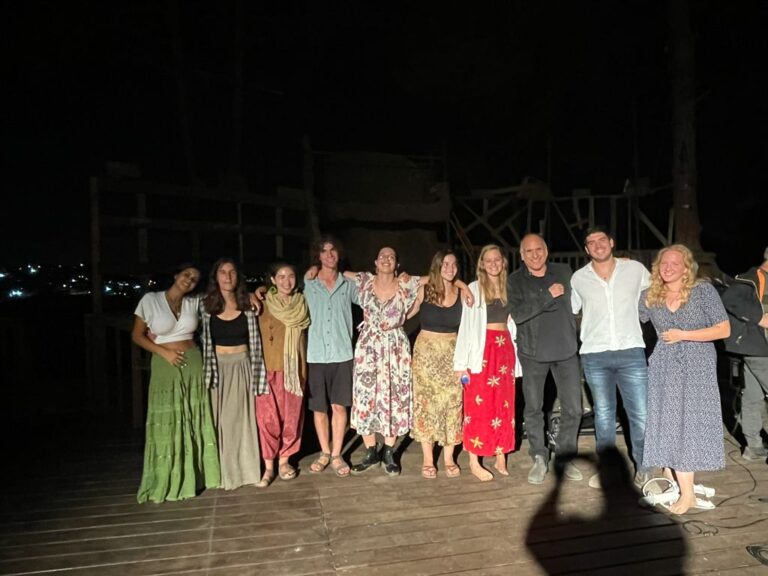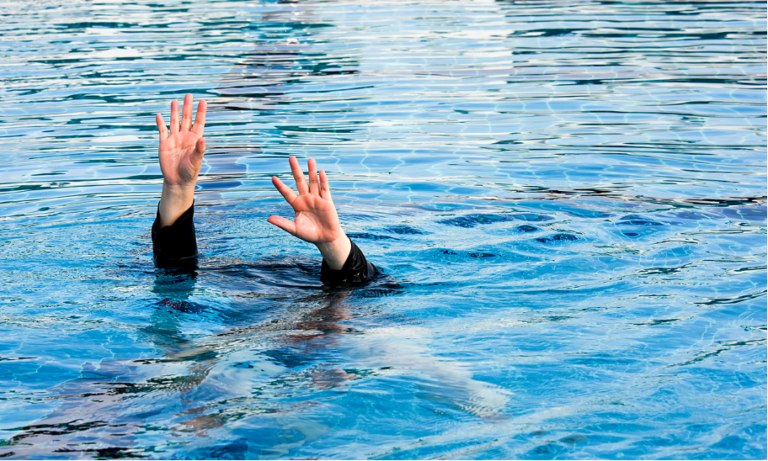For the majority of my life this question didn’t really weigh on my mind or have any significant meaning to me or my family. Throughout my life I have met, known and worked with children and adults who have a disability but it was never personal. 8.5 years ago as I left the paediatrician office with my then cute 7 month innocent and gorgeous baby Mendy this question/statement took on a whole new meaning and life. My precious Mendy our 4th child had just been diagnosed with a rare genetic syndrome called Angelman syndrome that we had never heard of and the doctor had barley met kids with this syndrome. Suddenly my whole would change from the few words said by the doctor.

Inclusivity, disability, doctors, acceptance, non verbal, unconditional love, accessibility, worry, appointments, seizures, awareness, special needs, therapy , advocating are not just abstract words to me and my family but things we live with every waking hour of our day.
You see for our family and many others like us having an inclusive society isn’t just a wonderful imitative or something lovely but rather something we need and will be imperative to our child’s life.
Ask yourself the following questions?
What does an inclusive society look like to me?
What role do I play in creating one?
Am I inclusive to my family, workmates and my community?
The great sage Rabbi Akiva was once asked by one of his students ‘please tell me the whole Torah while standing on one foot” to which Rabbi Akiva answered “vahavta leracha Kamocha – love your fellow as you love yourself”
We as a society have an obligation to cater to the needs of everyone especially to those that require extra assistance not out of pity but with dignity, love, respect and because each individual matters and plays an important part on the tapestry of the world. We are all created in the image of Gd.
I believe we have come a long way but we have a long road ahead. Together person by person we will and can make a difference, however our first and foremost step is our mindset.
Positive and crucial change happens when together as a community we say “we can” “we will”.
While our mindset to change is extremely important, our actions will speak louder than word.
The list is endless, but here are a few suggestions which come from my personal experience with being a mother to our magical Mendy that I would like to share.
- Children and teenagers are watching us very closely, how we interact and behave towards people with disabilities, so be an example.
- Staring and pointing is very common, especially for children but that can be modified easily by encouraging the child to change the stare into a smile and the pointing into a wave. Look at the person, look into their eyes and give a smile to the parents or carer. One smile can go a long way.
- When inviting someone with a disability, call them before and ask them what they need to make their stay as comfortable and as happy as possible.
- Read books and show videos that have people with disabilities in them, this will normalise the differences and show they are ok and start the discussion.
- When meeting someone who has a disability and especially if they are non-verbal, try not to talk in front of them in 3rd person, but rather to them directly, they might not be able to answer you, but they sure can feel and most times understand what you’re saying.
- Look around your school, shuls, community centres and sporting teams are they accessible? Is there an appropriate ramp or way to get in, is there an accessible bathroom and in general is there room for someone who uses a wheelchair to have access to everything. Is there a quiet/calm space for people who get overwhelmed.
- Our words matter – choose them wisely, if unsure what people want to be called or identified as, ask them don’t assume. No two people are the same. Respect their choices.
- Show love and care to the individual and their families but not out of pity or feeling sorry for them but out of love and because they deserve it just like every person in this world.
- Support organizations or work places that employ or support people with special needs.
We are so lucky that today we have many organisations that cater to people with disabilities which give plenty of opportunities for teenagers and young adults to volunteer their time and learn and make a difference to someone’s life.
- Educate, read, listen and learn. I can’t stress this enough, we as a community and each of us need to be constantly learning and most importantly listening to what are the needs of the people in our community. It changes and evolves so we must keep the discussions open and relevant.
So do I believe an inclusive society is attainable? Yes I do but there’s a lot more work to be done.
What are you going to do to make it happen?
Author
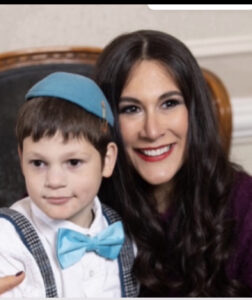 Menucha Cooper is a proud mum of 5 incredible kids. Her 4th child Mendy has Angelman Syndrome. Together with her husband Reuvi they are the youth directors at Chabad Malvern and are extremely passionate about educating and spreading awareness on disability and inclusion. Menucha is on the board of JCAS and facilitates workshops to children and adults on inclusion and how we can make a difference. Menucha runs a support group for fellow warrior mums who have children with special needs. To learn more you can check out her social media pages on Instagram and Facebook Magical Mendy.
Menucha Cooper is a proud mum of 5 incredible kids. Her 4th child Mendy has Angelman Syndrome. Together with her husband Reuvi they are the youth directors at Chabad Malvern and are extremely passionate about educating and spreading awareness on disability and inclusion. Menucha is on the board of JCAS and facilitates workshops to children and adults on inclusion and how we can make a difference. Menucha runs a support group for fellow warrior mums who have children with special needs. To learn more you can check out her social media pages on Instagram and Facebook Magical Mendy.
